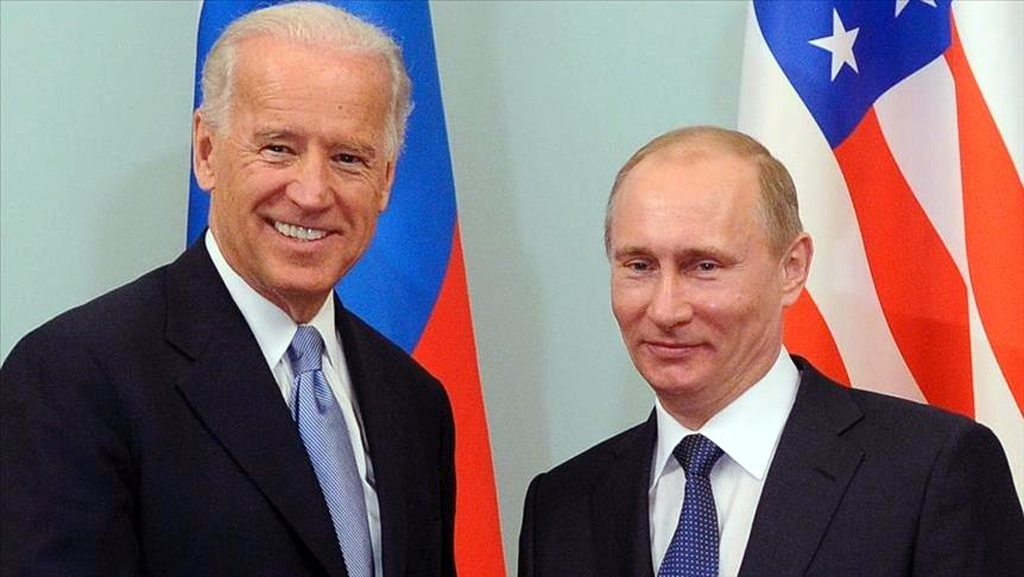Canada Global (Web News) As tensions over the conflict in Ukraine rise, the United States said that Russia was violating New START, the final surviving arms limitation agreement between the two major nuclear powers in the world.
In response to a request from Congress, the State Department criticised Russia for halting inspections and calling off negotiations but refrained from holding the Cold War opponent accountable for exceeding pre-agreed limitations on the number of nuclear warheads.
According to a State Department official, Moscow is “not complying with its commitment under the New START Treaty to permit inspection efforts on its territory,” and this “threatens the viability of US-Russian nuclear weapons control.”
“There is a straightforward road for Russia to resume full compliance. He stated, referring to the official negotiations established by the treaty: “All Russia needs to do is meet in a session of the Bilateral Consultative Commission and permit inspection activities on its territory, just as it did for years under the New START Treaty.
Nothing prevents Russian inspectors from visiting the United States and performing inspections, according to the statement.
Early in August, Moscow declared that it was stopping US inspections of its military facilities under New START. It claimed to be in response to American interference in Russian inspections, a claim that Washington has refuted.
As the United States spearheads a campaign to punish Russia economically and arm Ukraine with billions of dollars’ worth of weapons to fight back an invasion from Moscow, diplomacy between the two nations has dwindled to an absolute minimum over the past year.
Fears of an apocalyptic war from the Cold War have been revived by barely veiled threats to deploy nuclear weapons in Ukraine made by Russian President Vladimir Putin.
The New START negotiations that were scheduled to begin on November 29 in Cairo were postponed indefinitely by Russia, which charged that the US was acting with “toxicity and antagonism.”
New START was extended by President Joe Biden by five years, until 2026, shortly after he took office. This gave time for negotiations while retaining what the Democratic administration views as a crucial current deal.


